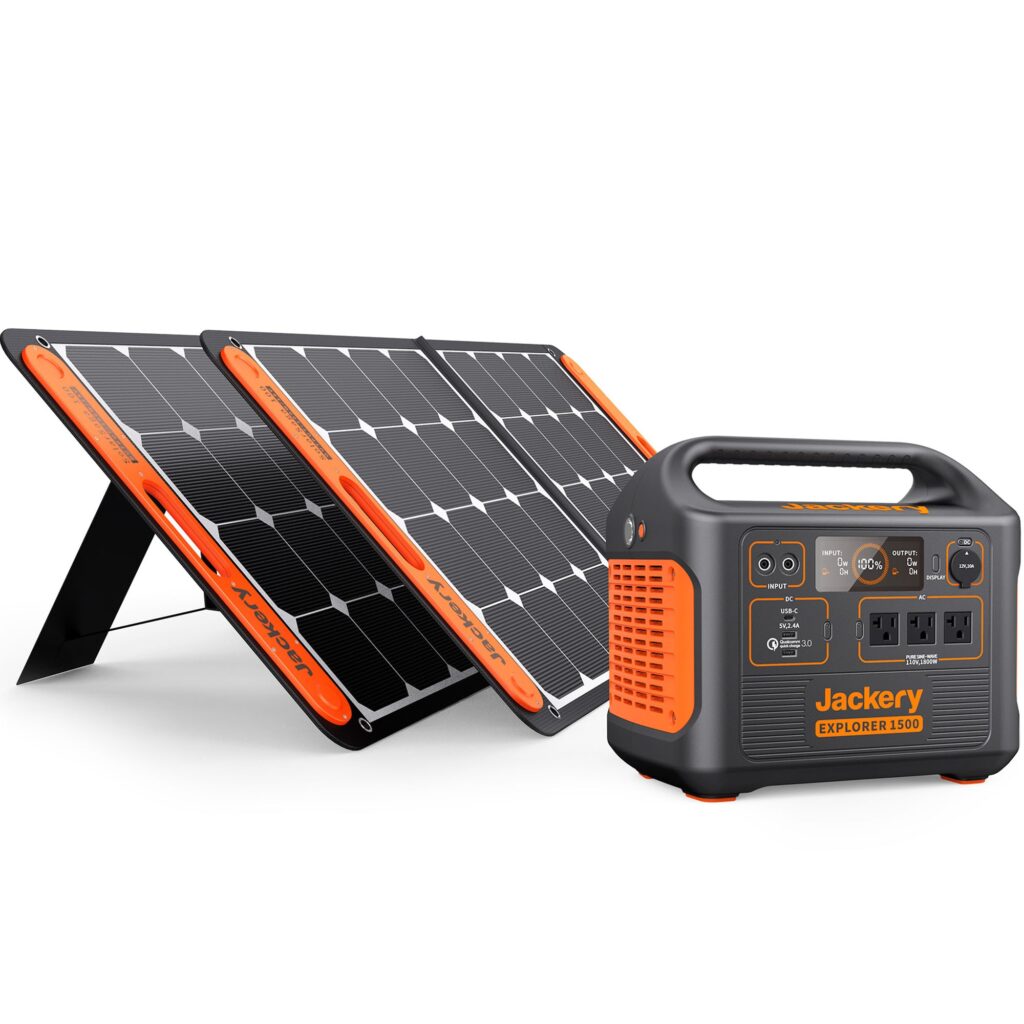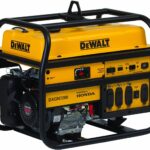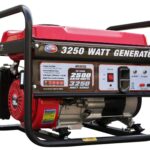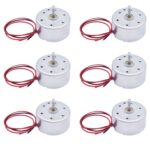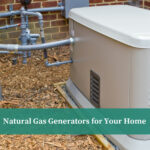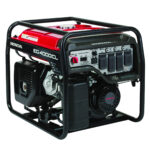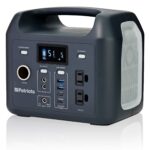A sun generator is a great way to take advantage of the free, renewable energy provided by the sun. Sun generators use solar panels to convert the sun’s rays into usable electricity for your home or business. By harnessing the power of the sun, you can generate your own electricity, reduce your electricity bills, and even sell excess energy back to the grid. With a sun generator, you can power your home or business with clean, renewable energy from the sun.
Gas-powered Generators
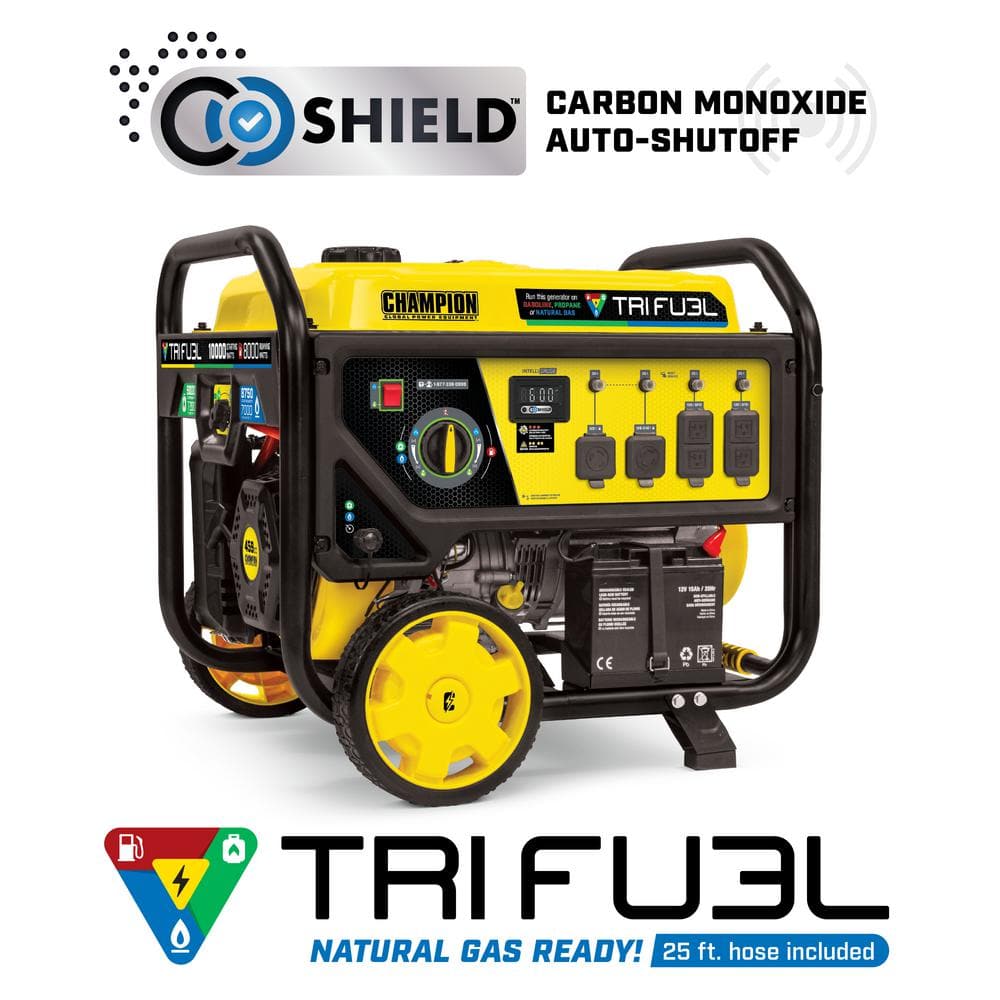
Gas-powered generators are the most common type of generators on the market. They are economical to purchase and maintain, and they are able to provide a reliable source of power for a variety of applications. They require regular fueling, however, and they usually produce exhaust that can be hazardous to the environment.
Diesel-powered Generators
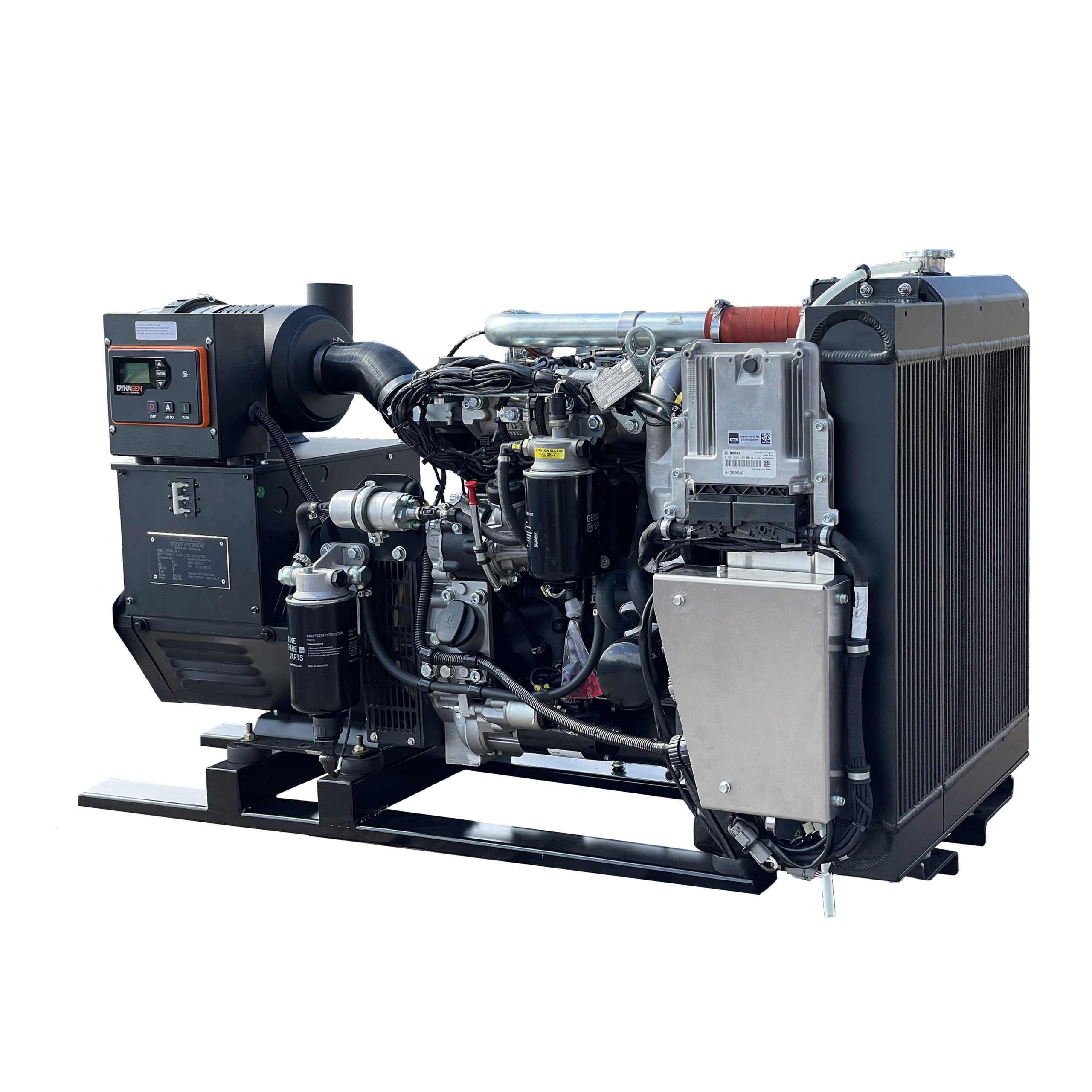
Diesel-powered generators are more powerful and efficient than their gas-powered counterparts. They are able to generate more electricity, and they are much quieter than gas-powered generators. They are also more expensive to purchase and maintain, and they require more frequent fueling than gas-powered generators.
Solar Generators
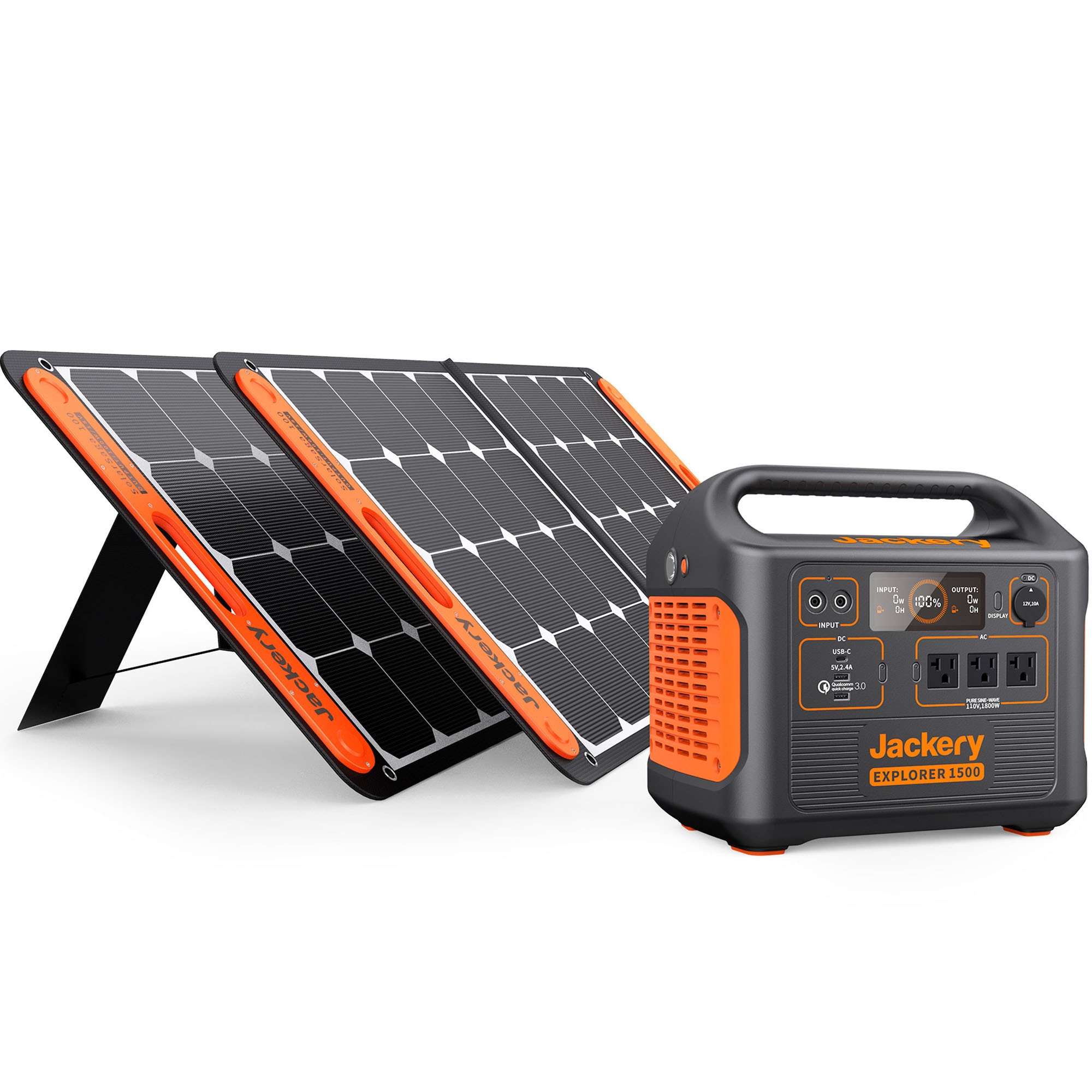
Solar generators are an increasingly popular type of generator for those looking for an eco-friendly and cost-effective power source. Solar generators use the sun’s energy to generate electricity, and they are capable of producing energy without the need for regular fueling. They are typically more expensive than gas-powered or diesel-powered generators, but they also require little maintenance and have no emissions.
Advantages of Solar Generators
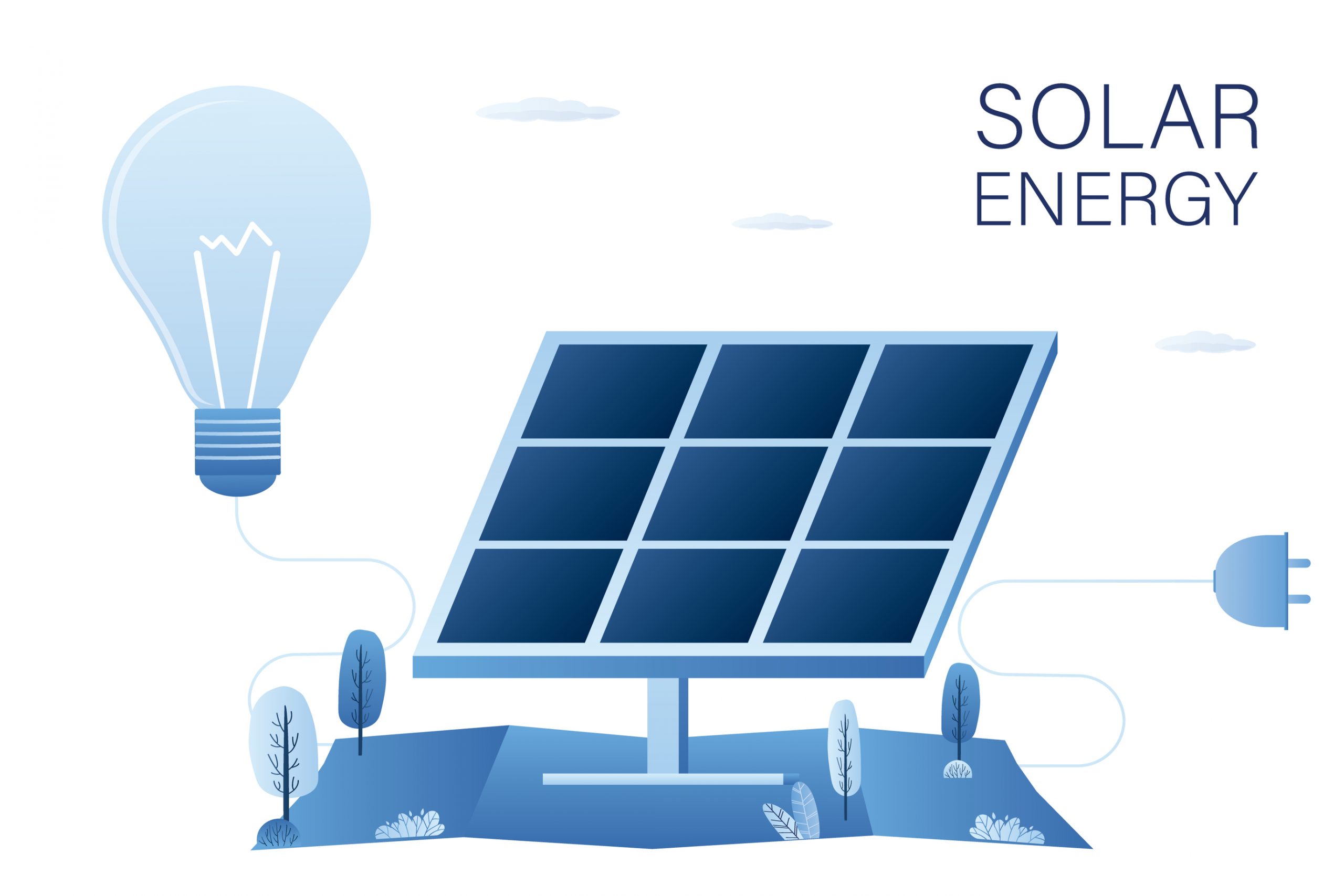
Solar generators are a great source of renewable energy that can be used to power both homes and businesses. Solar generators offer a number of advantages, including lower energy costs, low maintenance, and environmental sustainability.
Solar generators are much more reliable and cost-effective than other forms of energy generation. Solar power systems require minimal maintenance, as the solar panels are designed to last for decades with minimal upkeep. This means that the solar generator can provide long-term energy security and reduce overall energy costs.
Solar generators also provide a great environmental benefit. Solar energy is one of the cleanest forms of energy available and does not generate any pollutants. This means that solar generators can help reduce the amount of carbon dioxide and other greenhouse gases that are released into the atmosphere. Solar generators also do not require large amounts of land to be used for their production, making them a great choice for areas with limited space.
Finally, solar generators are able to provide energy during times when other sources of power may be unavailable. This makes them a great choice for areas that experience frequent blackouts or power outages. Solar generators are also ideal for remote locations that may not have access to traditional forms of energy.
Overall, solar generators are an excellent source of renewable energy that can provide many benefits. They are cost-effective, reliable, and environmentally friendly, making them a great choice for both businesses and homes.
Disadvantages of Solar Generators
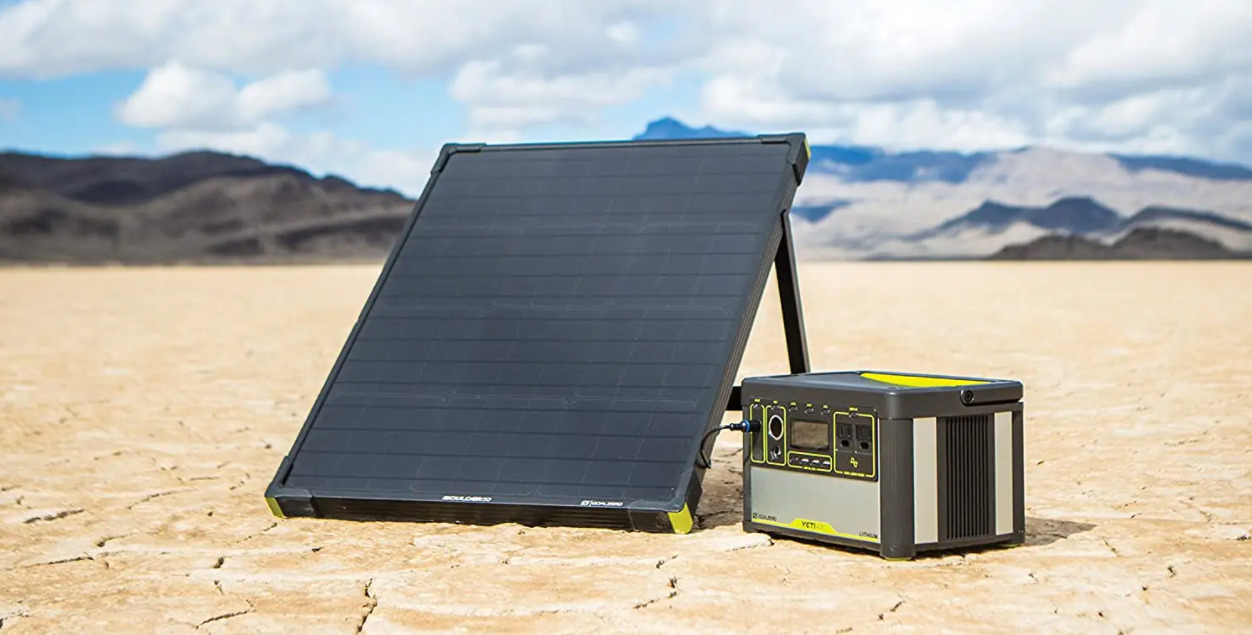
| Disadvantage | Explanation |
|---|---|
| Initial Cost | Solar generators are relatively expensive and require an initial investment to purchase the system. |
| Installation | Installing a solar generator can be complicated and may require professional assistance. |
| Weather Dependent | Solar generators are dependent on sunlight and therefore do not produce power during periods of cloud cover or at night. |
| Maintenance | Solar generators require regular maintenance and cleaning to keep the system running efficiently. |
| Storage Capacity | Solar generators have limited storage capacity, so they may not be able to provide power for extended periods of time. |
Components of Solar Generators
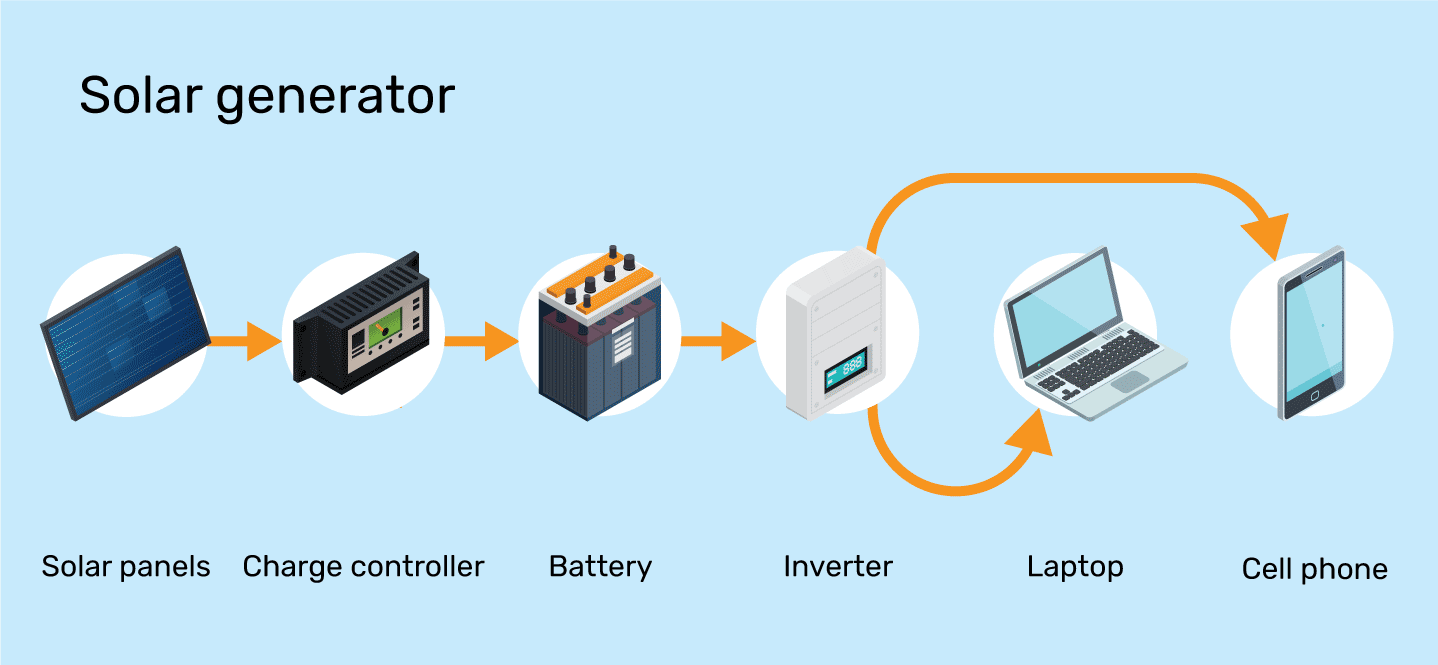
| Component | Description |
|---|---|
| Solar Panels | Solar panels capture energy from the sun and convert it into electricity. |
| Charge Controller | Charge controllers regulate the voltage and current from the solar panels to the battery. |
| Battery | Batteries store the energy from the solar panels and provide a consistent source of power. |
| Inverter | Inverters convert the stored DC power to AC power, which is what most appliances and electronics require. |
Solar generators consist of four main components: solar panels, charge controllers, batteries, and inverters. Solar panels capture energy from the sun and convert it into electricity. Charge controllers regulate the voltage and current from the solar panels to the battery. Batteries store the energy from the solar panels and provide a consistent source of power. And inverters convert the stored DC power to AC power, which is what most appliances and electronics require.
Cost of Solar Generators
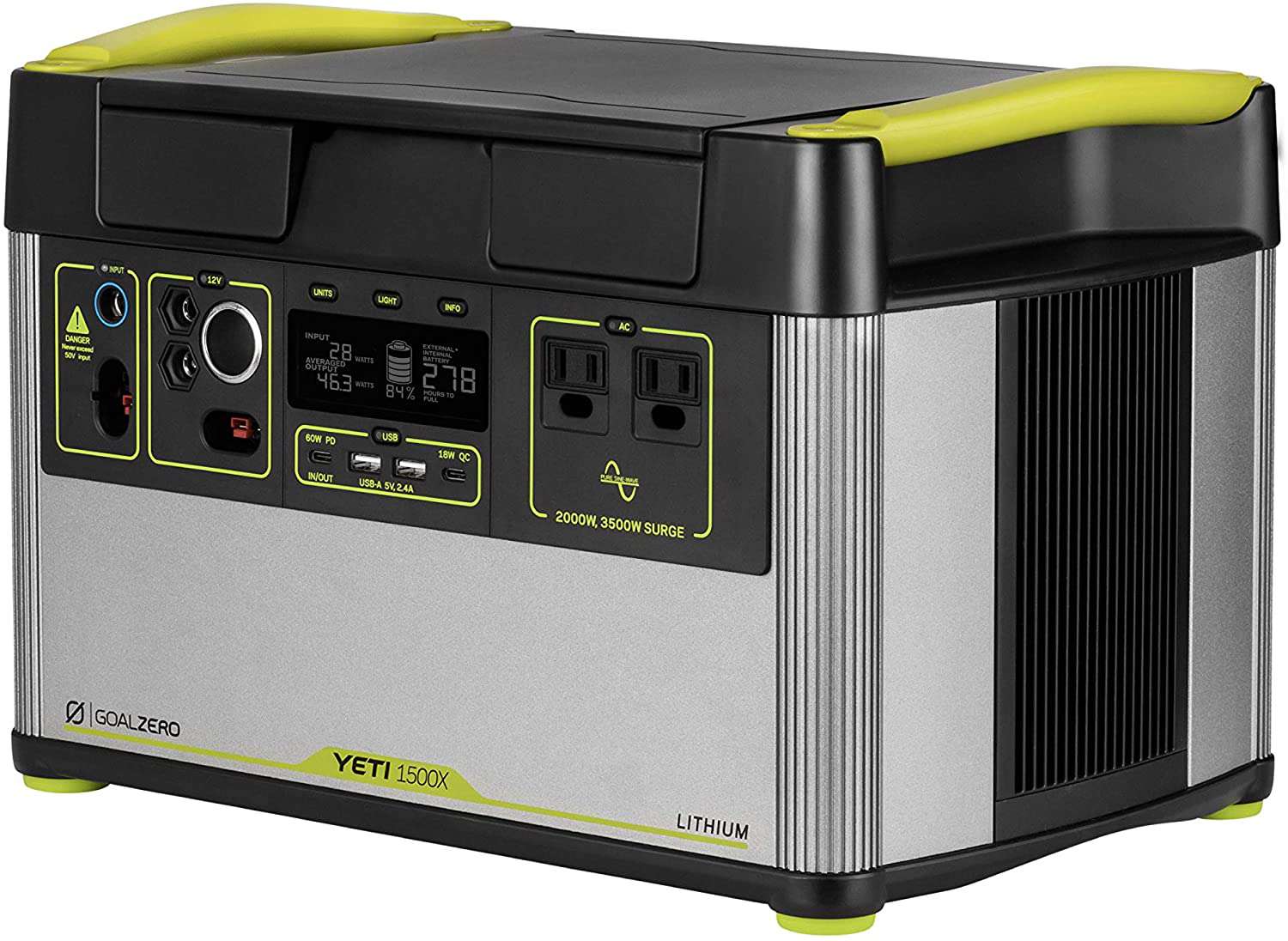
- Small-scale solar generators start at $500-$600.
- Mid-range generators cost around $1,000-$2,000.
- High-end generators range from $3,000-$5,000.
- Commercial-grade solar generators can cost up to $10,000 or more.
The cost of a solar generator depends on the size, power output, and features of the generator. Small-scale solar generators are suitable for smaller applications and typically cost between $500-$600. Mid-range generators have higher power outputs and cost between $1,000-$2,000. High-end solar generators range from $3,000-$5,000 and come with specialized features. For large-scale or commercial applications, solar generators can cost up to $10,000 or more.
Installation of Solar Generators
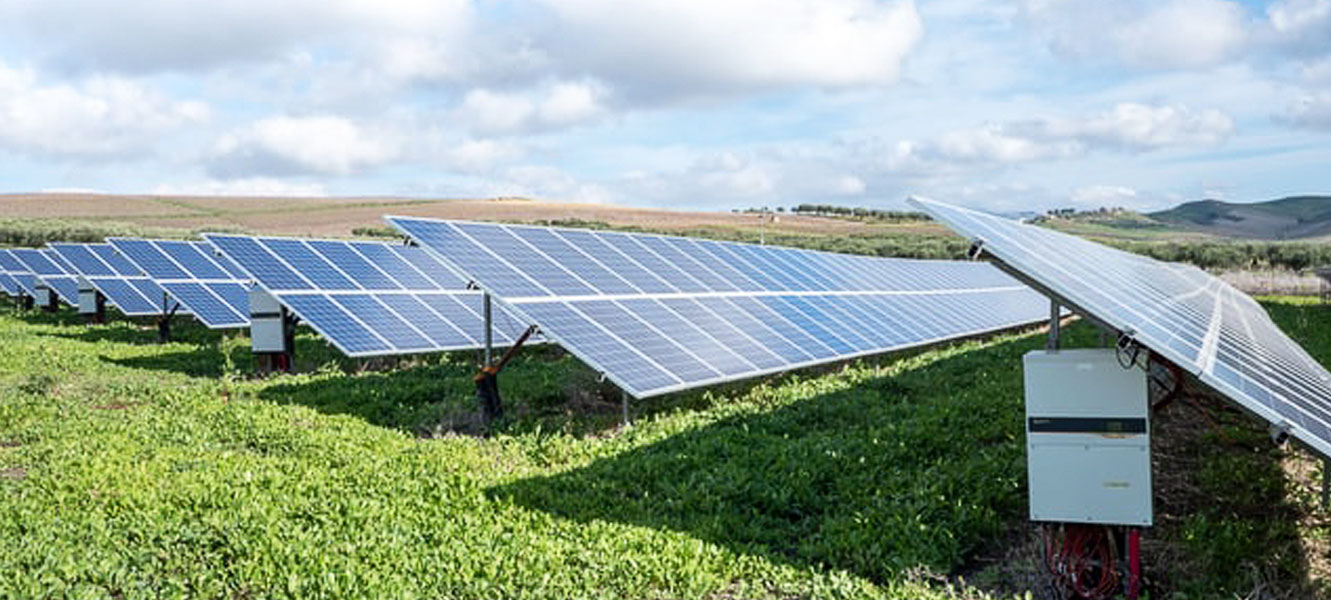
- Calculate the required power output, taking into account the expected loads and the solar resources available.
- Select the appropriate solar generators and components, such as solar panels, batteries, inverters and charge controllers.
- Calculate the size of the solar array and the number of batteries required.
- Install the solar panels on the roof or on the ground, in an array or as individual panels.
- Install the batteries and the inverter in the appropriate area, taking into account the requirements of the local electrical codes.
- Connect the solar panels to the batteries and the inverter, using the appropriate wiring.
- Check the connections, the voltage, and the current of the solar array.
- Check the operation of the solar generator, and make any necessary adjustments or repairs.
Maintenance of Solar Generators
Solar generators require regular maintenance to ensure they are working efficiently and safely. There are several key steps that should be taken to maintain a solar generator:
- Inspect the solar panels regularly. They should be checked for dirt, debris, or other issues that may reduce their efficiency. Clean the panels if necessary.
- Check the batteries regularly. Look for signs of corrosion or damage and replace any damaged batteries.
- Check the wiring and connections. Make sure all the wiring is secure and properly connected.
- Check the inverter. Make sure it is functioning properly and that the output is correct.
- Check the charge controller. Make sure the charge controller is functioning properly and that the charging rate is correct.
- Check the cables and connectors. Make sure all the cables and connectors are secure and properly connected.
- Check the fuses. Make sure the fuses are in good working order and replace any that are damaged.
- Check the power output. Make sure the output is consistent and that it is in accordance with the manufacturer’s specifications.
Regular maintenance of a solar generator will ensure that it is running efficiently and safely. By following these steps, you can help to ensure your solar generator is running at its best, and that you are getting the most out of your solar energy system.
Regulatory Guidelines for Solar Generators
Solar generators are subject to specific regulations and it is important to be aware of them before purchasing, installing and utilizing a solar generator.
All solar generators should be installed in accordance with applicable building and safety codes and by experienced installers. Installers should be familiar with the local electrical codes and follow them. Local electrical codes may vary from state to state.
All solar generators should be certified to meet relevant safety standards. The generator should be certified by a recognized safety agency, such as Underwriters Laboratories or the American National Standards Institute.
It is recommended that all solar generators be connected to an approved battery storage system. This will allow for energy storage during periods when the sun is not available.
The solar generator should be equipped with safety features, including over-current protection and short circuit protection. This will help protect the system from damage or disruption.
Solar generators must be properly grounded and bonded to the electrical system. This helps to ensure that the solar generator system is properly protected from lightning and other electrical hazards.
It is important to ensure that all wiring and components of the solar generator system are properly labeled and identifiable. This will help ensure that the system is properly maintained and operated.
Finally, all solar generators must be operated in accordance with the manufacturer’s specifications. This will help ensure that the system is operating safely and efficiently.
These are the basic regulatory guidelines for solar generators. It is important to be aware of these guidelines and to comply with them when installing, operating and maintaining a solar generator.
Frequently Asked Questions
What is a Solar Powered Generator?
A solar powered generator is an apparatus that produces electricity from solar energy. It consists of solar panels, an inverter to convert the energy from DC to AC, and a battery to store the energy for later use. The generator can be used to power small household appliances, or to provide electricity to an off-grid location. Solar powered generators are a reliable, cost effective way to generate electricity.
How do Sun Generators Help to Harness the Power of the Sun?
Sun generators are devices used to convert the energy of the sun into usable electricity. They utilize solar photovoltaic technology to capture and convert the sun’s energy into electricity, which can then be used to power homes and businesses. Sun generators are eco-friendly, cost-effective, and reliable, making them an attractive renewable energy source. Sun generators have no moving parts and require minimal maintenance, making them a reliable and sustainable energy solution. They can also be used to store energy for use during cloudy days or at night. Additionally, they are often used as backup power sources for off-grid systems.
What are the Benefits of Using a Portable Solar Power Generator for Camping?
A portable solar power generator is a perfect solution for camping trips as it is eco-friendly, reliable, and economical. It can be used to charge phones, laptops, and other electronic devices, as well as providing power to lights, fans, and other appliances. Additionally, it eliminates the need to carry fuel and its associated pollution and safety risks. Furthermore, the generator is lightweight and easy to transport, and can be set up and used almost anywhere. Finally, the generator can be used as a backup power source in case of emergency.
Are there any affordable solar powered generator options for the home?
Yes, there are a variety of affordable solar powered generator options available for the home. Solar generators are powered by solar energy and can be used as a reliable source of energy for households. They are cheaper to run and maintain than traditional generators and can provide power for a wide range of appliances and devices. Solar powered generators are also eco-friendly, making them an ideal choice for those looking to reduce their carbon footprint. Prices vary depending on capacity, but some models are available for under $500.
Where Can I Buy a Solar Generator?
Solar generators can be purchased from a variety of retailers, both online and in-store. When shopping for a solar generator, it is important to consider the size of the unit, the power output of the unit, and any additional features that may be included. Additionally, it is important to research the retailer to ensure that you are buying from a reliable source. Solar generators can be purchased from home improvement stores, camping supply stores, and online retailers.
Conclusion
A sun generator is an efficient and cost-effective way to generate electricity from solar energy. It provides a reliable source of clean energy that can be used to power homes, businesses, and industrial applications. Sun generators are easy to install and maintain, and they have the potential to significantly reduce energy costs. It is important to research the best system for your needs and to ensure that installation is done properly. With proper maintenance and use, a sun generator can provide a long-term source of reliable energy.

